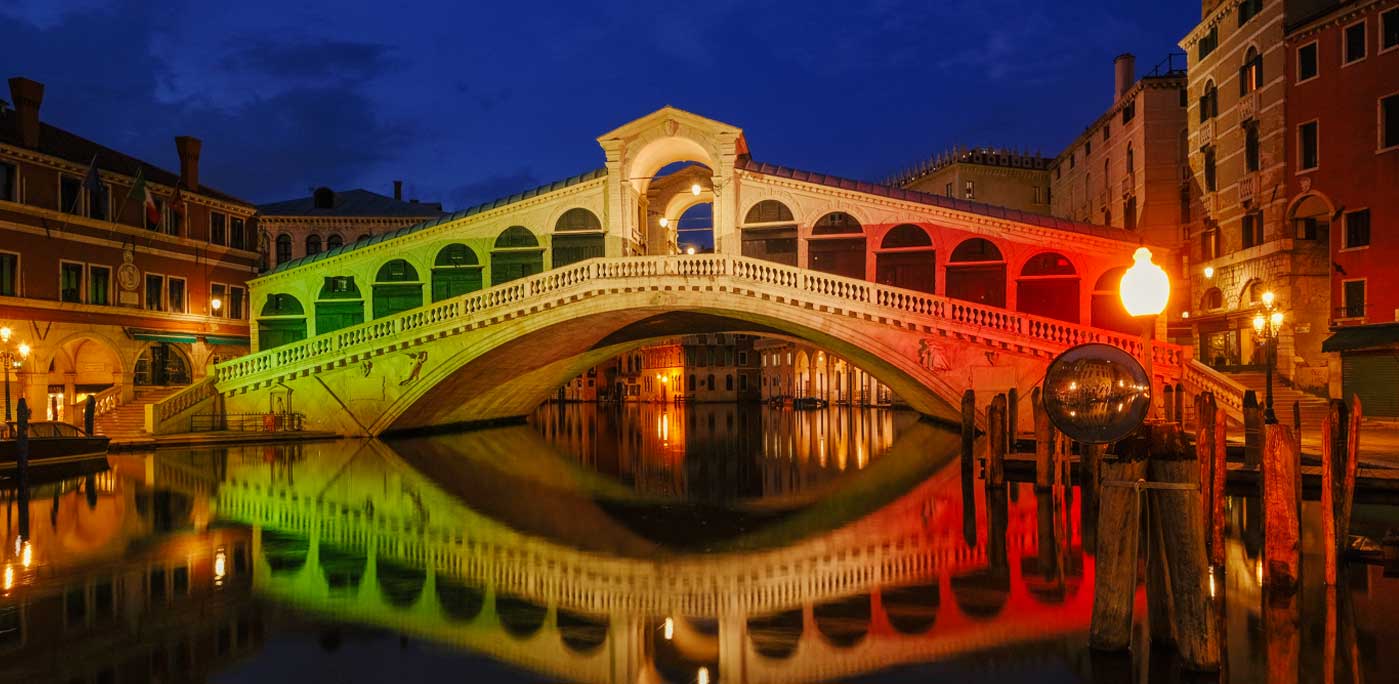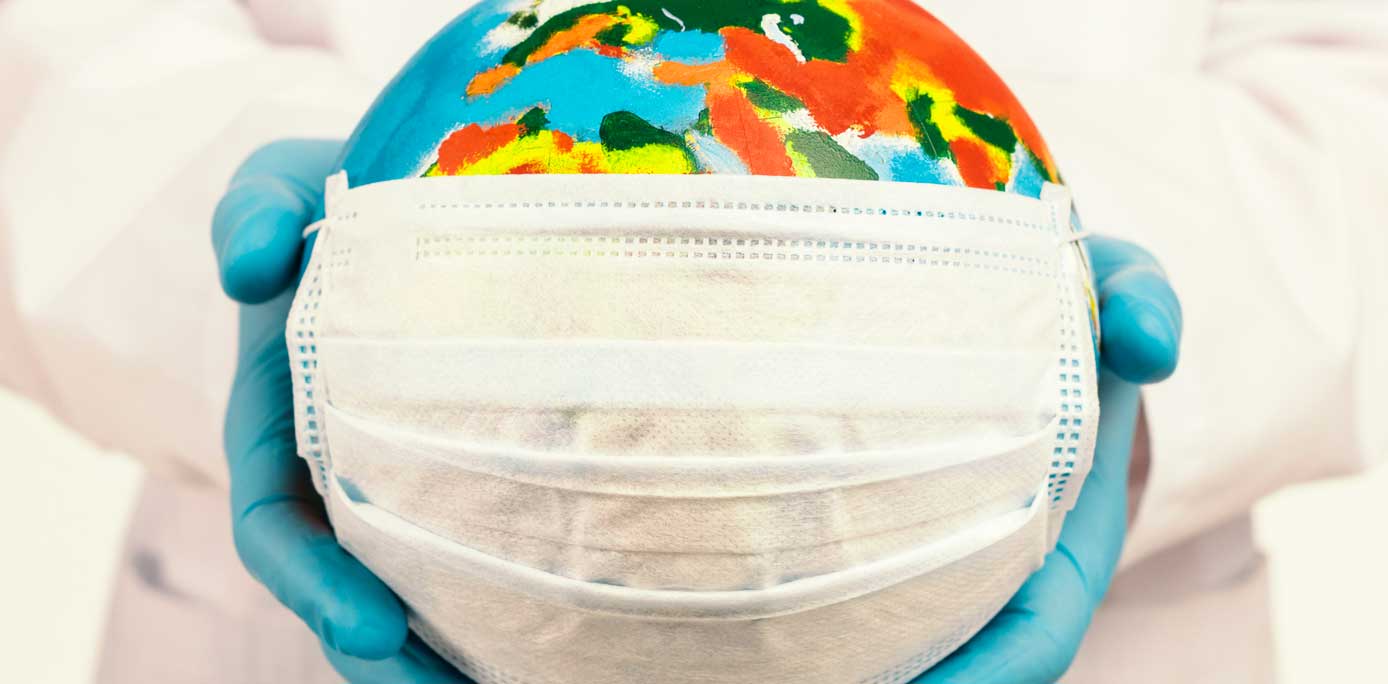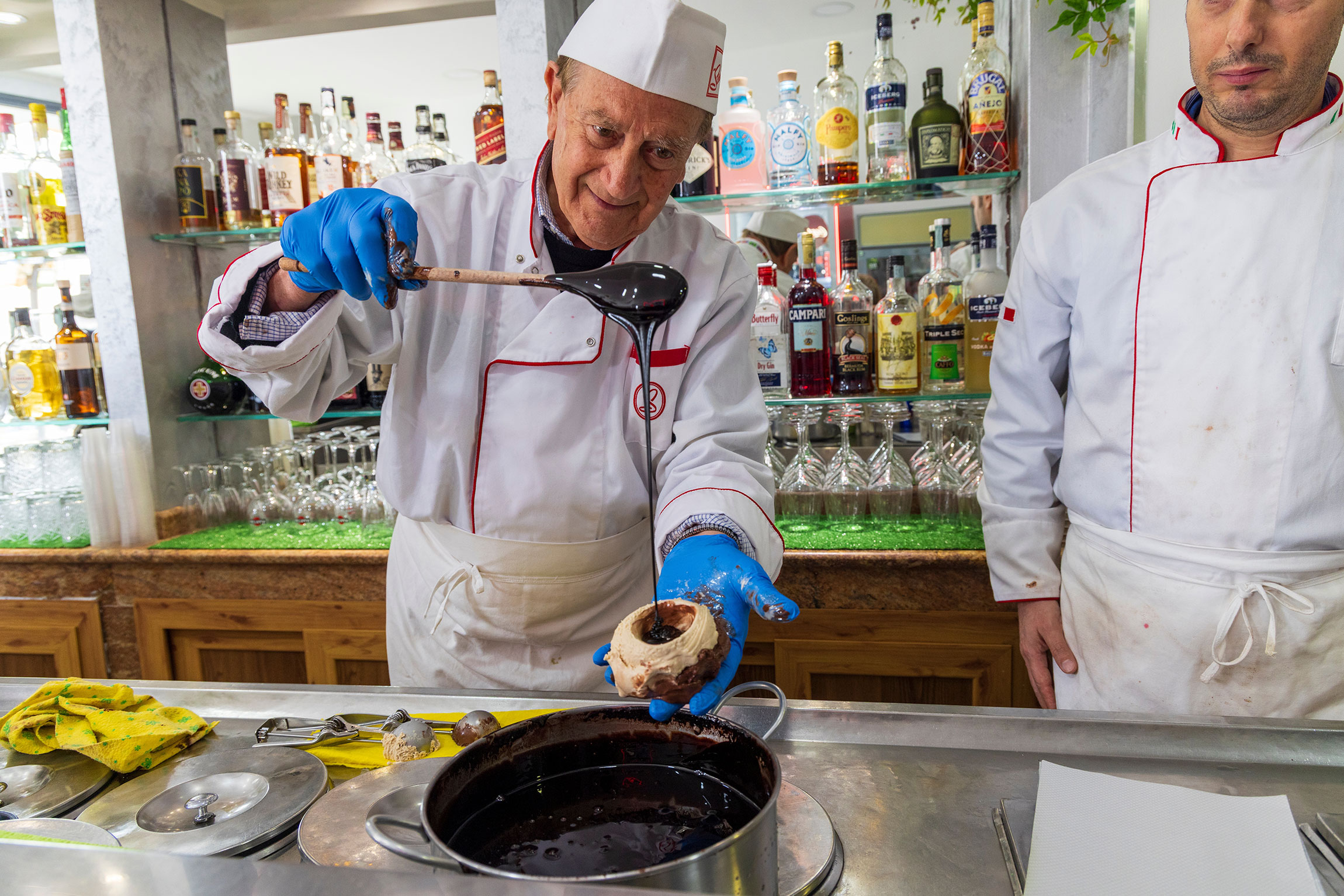On the 4th of May, the vast majority of Italy’s productive activities will open and almost three million workers will return to work. A first, little step towards normality, ready to be retracted should social distancing not be respected and new clusters appear, refreshing a pain that still has to fully leave our hearts.
Because losses are immense: from the human point of view, first of all, but also economically. Every week the country spends on lockdown costs 9 billion euro (9.8 billion USD) to our GDP. It isn’t only recession that scares us, but also the fact a huge part of the country’s wealth-creating mechanism will still remain inactive: from cafés to restaurants, from stores to tourism, all of them at risk of collapsing. The next trimester, March-May, will see 31.6 million tourists less than last year, for a total economic loss of 7.4 billion euro (around 8 billion USD). It is estimated that the sector’s total yearly loss for 2020 may reach 66 billion euro (71.5 billion USD). Italy as a tourist destination risks to disappear from the radar for a long time, and the current USA travel ban could further penalize it.
The situation of tourism in the Belpaese — which entered the coronavirus tunnel earlier than the West Coast — seems to tell us how this economic storm may make more victims than the virus and the lockdown have made so far. In Italy, tourism was a thriving industry, that in 2018 had reached 430 million visitors and 130 million arrivals, beating the records of 2017. In 2019 foreign tourists — strategic factor for the sector — staying in our hotels were 30% more.
The problem is uncertainty. Uncertain is the crisis’ length, uncertain is the survival of economic activities across the country; uncertain are our future, how and when it will all return to normal. But above all, uncertain is the inheritance this pandemic will leave us: how will it change the way we think, the choices we make? Will everything go back to the way it used to be?
If we’re changing the way we work, the way we go to school and interact with friends and family, if habits and behaviors we considered safe and immutable have been turned upside down, if rhythms we believed inescapable have been so deeply altered, than it’s likely that many other things will change, too.
Mass tourism — consumeristic, excessive and in many a way disrespectful — will probably suffer a setback. Maybe, lesser known destinations out of the most beaten tourist track, places less influenced and touched by globalization, where crowds are smaller, will become more popular. Perhaps, it will take some time to low-cost tourism to get back on its feet and some destinations won’t be, at least for a while, financially accessible to everyone. Perhaps, we’ll embrace the environmentalist inside us and will finally try to protect more our extraordinary natural treasures. It’s very likely the idea of tourism we’ve known for the last few decades will be, if not completely overturned, at least changed.
And if, today, it’s difficult to imagine to travel from a continent to another, then we all must prepare to change our mentality: we’ll need to be flexible, to adapt and to think about new solutions. In the same way, the tourism industry must be resilient and demonstrate to be adaptable, if it wants to regain people’s trust.
We can do something too, though, while we wait to go back to Italy. Even if our life choices, our jobs or our heart made us Americans, and we did set roots here on the Pacific, we bring Italy inside and a part of our history, of our heritage lies there still. This is why, very likely, one day our children and grandchildren will long to return there.
You see, for this thin, yet incredibly strong bond with Italy each and every migrant brings within, we can do something.
L’Italo-Americano has been working hard to survive, to keep alive and growing a patrimony of Italianità that lasts since 1908. We keep on informing you, on telling you the way Italy and Italians have been living in spite of these hard times and, for this reason, we ask you to support us with a small donation and to support Italy by buying Italian, by choosing Made in Italy and refusing Italian sounding products, those that, exploiting the tricolore, aren’t ashamed of giving you low quality.
We ask you to love Italian culture and to think about coming back to Italy soon, choosing it for your next holidays, because her beauty hasn’t changed. In some cases, actually, Italy became even more beautiful: just like in Venice, where the water of the canals is so transparent now you can see fish, jellyfish and octopuses swimming in it; or in Rome, where the air is clean, after two months without any traffic; or, still, in the Gulf of Sorrento, where the night is filled only with a breathtaking silence.
Lastly, L’Italo-Americano invites you to be generous towards Italy. As we did in 2009 with our fundraiser for L’Aquila after the earthquake, or for the reconstruction of the Teatro Comunale in Ferrara in 2012, destroyed by another catastrophic seismic event, we give you the details to donate to Italian hospitals, which are still operating in emergency:
Coronavirus Emergency: IT84 Z030 6905 0201 0000 0066 387. BIC: BCITITMM.
Help, if you can.






























